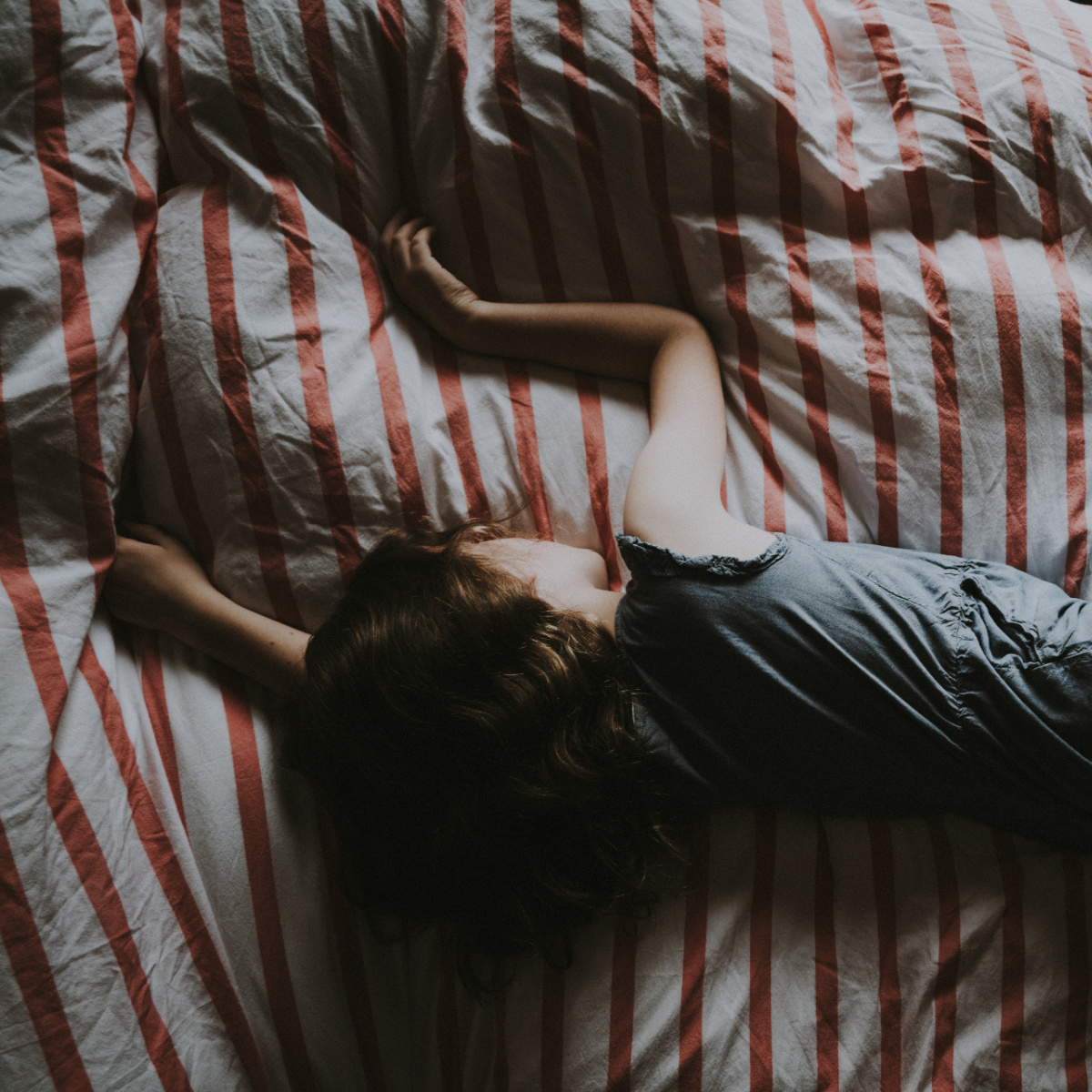
What Happened to Sleep Schedules?
Let’s all take a moment to acknowledge that COVID-19 threw sleep schedules out the window. It all started during “homeschool”—er, do distance learning, remote education, whatever—when we were reveling in the fact that school preparation and drive time would be cut out of our morning routines. We thought this would mean more sleep for us and our kids! However, we now realize that we actually are not getting more sleep, or sometimes even enough sleep, and overall, our kids are having a harder time falling asleep and staying asleep. For some, bedtime routines have become a nightmare.
What happened to our sleep schedules, and why is it important to focus on them now? Even though we do not know exactly what school will look like next year, we do know that August is the time to start the annual transition from summer to school schedules. We also know that our bodies and our kids’ bodies feel better when we get enough sleep consistently. With COVID-19, most of us have been expending less energy overall (mentally and physically), spending more time on screens, and not able to participate in our regular activities, such as playdates at the park, exercising at the gym, and attending neighborhood swim parties. So what can we do to help get our family sleep schedules back on track?
We believe that setting up a good sleep schedule is one of the most important things you can do to help your kids get ready for back to school. For more ideas about enrichment activities you can do at home with your kids this summer, visit the main page, Charter a Summer of Learning.
Sleep Tips for Your Little Ones
For young children, make sure there are plenty of opportunities for movement during the day. A fun way to do this is to plan activities throughout the day that engage all of the five senses: sight, sound, touch, smell, and taste. For example, make homemade slime, have a family baking day, or play I Spy on a neighborhood walk. In addition, help your kids wind down before bed by doing a low energy activity a couple of hours before bedtime. For example, have dinner and bath time followed by drawing time or a puzzle. Routines are important when it comes to bedtime. Finish the night helping your little one relax by snuggling up to read a bedtime story before falling asleep. Check out these book recommendations by age here!
Sleep Tips for Grade Schoolers
For grade schoolers, it is equally important to incorporate plenty of movement throughout the day! If possible, children should spend at least some time, even if it’s only 30 minutes, outside every day. Just make sure outside time and other high energy playtime are completed at least a couple of hours before bedtime. No matter what school looks like this year, getting children started in a routine now is important to facilitate learning. We know that three of the most important things we can give our children for healthy development are nurturance, consistency, and structure. Having your child wake up at the same time each day and creating a daily schedule not only help to foster consistency and structure, but also encourage a healthy sleep pattern. Check out fun daily activities to get your kids moving during the day here!
Sleep Tips for Teens
For teens, it can be quite the challenge to fall asleep and wake up on time, and this is even more amplified during distance learning and quarantine! Did you know that, on average, teens sleep 7 to 7½ hours each night? In reality, though, teens need between 9 and 9½ hours of nightly sleep. Screen time can be one of the biggest barriers to teens going to sleep on time. Encouraging teens to put their phones (or other favorite electronic devices) down 1–2 hours before bedtime will help them fall asleep faster. You can also encourage your teen to protect his or her eyes by utilizing blue light filtering glasses or a blue light filtering screen protector. Getting enough sleep is critical not only for mood and behavior, but also for academic performance! To read more information on sleep in adolescence, click here.
Read More About Sleep Schedules
“Tips for better rest,” Stanford Children’s Health
“Sleep Guidelines During the COVID-19 Pandemic,” SleepFoundation.org
“Parenting in a Pandemic: Tips to Keep the Calm at Home,” HealthyChildren.org, June 24, 2020
“Why it’s important to get a good night’s sleep during the coronavirus outbreak,” Lisa Medalie, University of Chicago Medicine, April 16, 2020
“Do Your Children Get Enough Sleep?,” Centers for Disease Control and Prevention (CDC)
For more ideas about enrichment activities you can do at home with your kids, visit the main page, Charter a Summer of Learning. Emily and Lindsay wrote another post for our guide, about digital parenting.
About the Authors
Emily Daniels is a Licensed Marriage and Family Therapist. She has worked in Archdiocesan schools for five years across all grade levels. Additionally, she has worked in a private practice setting, at The Institute for Couple and Family Enhancement, for three years. Emily specializes in working with families and children ages three and up, and currently serves on the board as Treasurer for the San Antonio Association for Relational Therapists.
Lindsay Durham is a Licensed Marriage and Family Therapist. She has worked in Archdiocesan schools for five years across all grade levels. She has also worked in a private practice setting, at The Institute for Couple and Family Enhancement, for two years. Lindsay specializes in working with children, teens, and families. Although Lindsay has no children of her own yet, she is happy married with two dogs.

